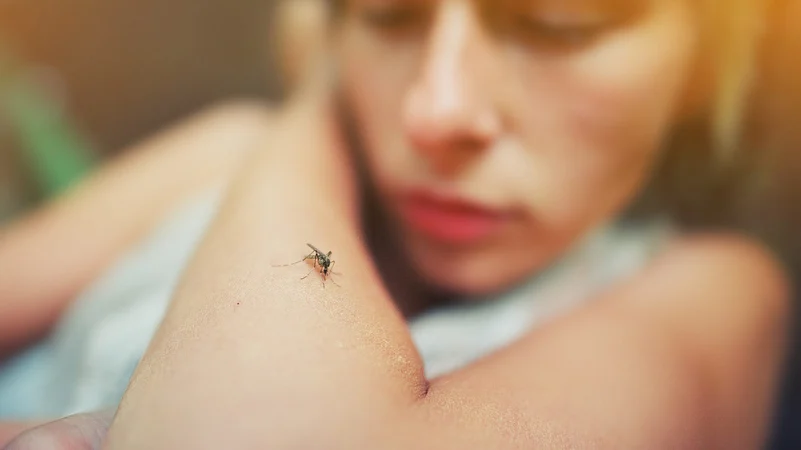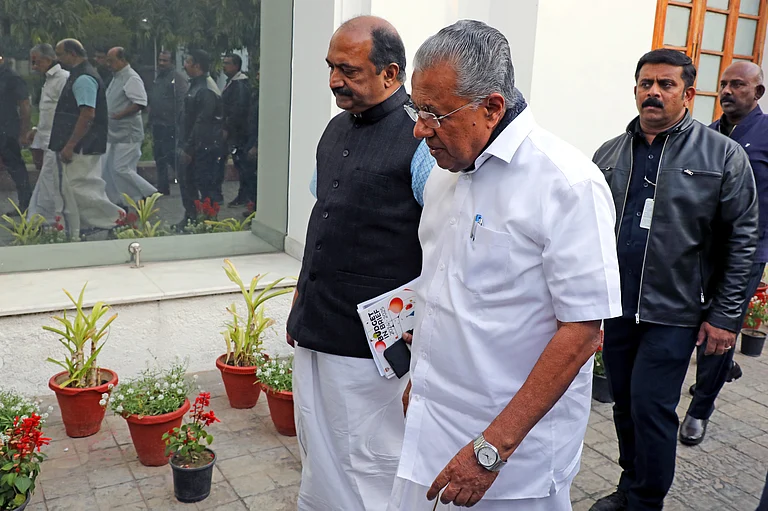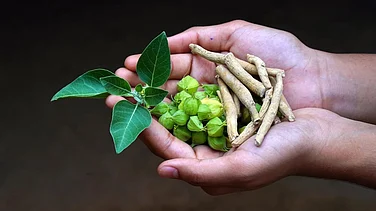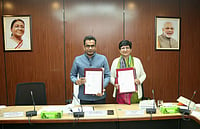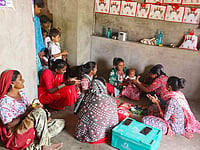Union Health Minister JP Nadda today cautioned States and Union Territories to remain on high alert as India witnesses a seasonal spike in vector-borne diseases such as dengue and malaria, and water-borne diseases, particularly during the ongoing monsoon and post-monsoon period.
Chairing a high-level review meeting yesterday, Nadda assessed the current situation and preparedness measures undertaken by States. Emphasising the need for “urgent and coordinated action,” he directed States to intensify surveillance, community awareness, and vector control activities while ensuring adequate healthcare infrastructure to manage potential outbreaks.
An advisory has been issued to all Chief Ministers, calling for focused action within the next 20 days. “State Health Ministers must personally monitor the situation and ensure preparedness at all levels,” Nadda said, adding that Municipal Corporations and Panchayati Raj Institutions should lead localised awareness campaigns.
A high-level review for Delhi and NCR has also been recommended, given the capital’s vulnerability to dengue outbreaks.
The Union Health Ministry has instructed all hospitals, including those under the Central Government, to ensure adequate stock of medicines, diagnostic kits, and bed availability. Institutions have also been asked to maintain mosquito-free premises.
States have been advised to address water stagnation—a major breeding source for mosquitoes—following recent rains, and to continue public engagement through intensive IEC (Information, Education and Communication) campaigns and digital outreach.
Health experts across the country have echoed these concerns.
“During the monsoon season, we often see a spike in cases of fever, dengue, and respiratory infections,” said Dr. Priyam Sharma, Head of Critical Care Medicine at Cosmos Hospital, Moradabad.
“Symptoms like throat pain, persistent cough, body ache, and fatigue may seem like a seasonal flu but can indicate serious underlying infections. It’s crucial to seek medical attention early and avoid ignoring warning signs.”
Dr. Priyam Sharma advised simple yet effective preventive measures such as using mosquito repellents, drinking boiled or filtered water, wearing protective clothing, and maintaining hand hygiene. “Early diagnosis and prompt treatment go a long way in preventing complications,” she noted.
Dr. Neha Sharma, Attending Consultant at Fortis Hospital, Manesar, Gurugram, said that a sharp rise in vector-borne and viral diseases is being observed this season, driven by stagnant water, poor sanitation, and fluctuating weather that weakens immunity.
“Dengue can severely affect liver and platelets, while untreated malaria may impact the brain and kidneys,” Dr. Neha said. “Viral infections too can result in long-term complications affecting the lungs and heart. People must be alert to symptoms such as persistent high fever, body ache, breathlessness, vomiting, or sudden fatigue.”
She strongly advised against self-medication with antibiotics or painkillers, which can mask critical symptoms and delay proper treatment. “Timely tests such as CBC, dengue NS1, or malaria antigens, and further investigations like chest X-rays or ultrasound can detect complications early,” she added.
Dr. Neha also warned about often-overlooked risks such as leptospirosis from walking in floodwaters, and infections due to unclean air conditioning filters and damp corners, advising people to stay hydrated and maintain respiratory hygiene.
Meanwhile, highlighting India’s significant progress in malaria reduction, the Health Minister noted that the country has achieved over 78% decline in both malaria cases and related deaths between 2015 and 2024. As many as 160 districts reported zero malaria cases between 2022 and 2024, and 33 States/UTs have achieved an Annual Parasite Incidence (API) below one.
The Government’s strategic roadmap for malaria elimination by 2030 includes real-time surveillance under the Integrated Health Information Platform (IHIP), enhanced incentives for ASHAs, and mass distribution of Long-Lasting Insecticidal Nets (LLINs).
With dengue, chikungunya, and respiratory illnesses on the rise across multiple regions, the Minister also reiterated the need for community participation, inter-departmental coordination, and continued vigilance to curb outbreaks during this vulnerable period.







